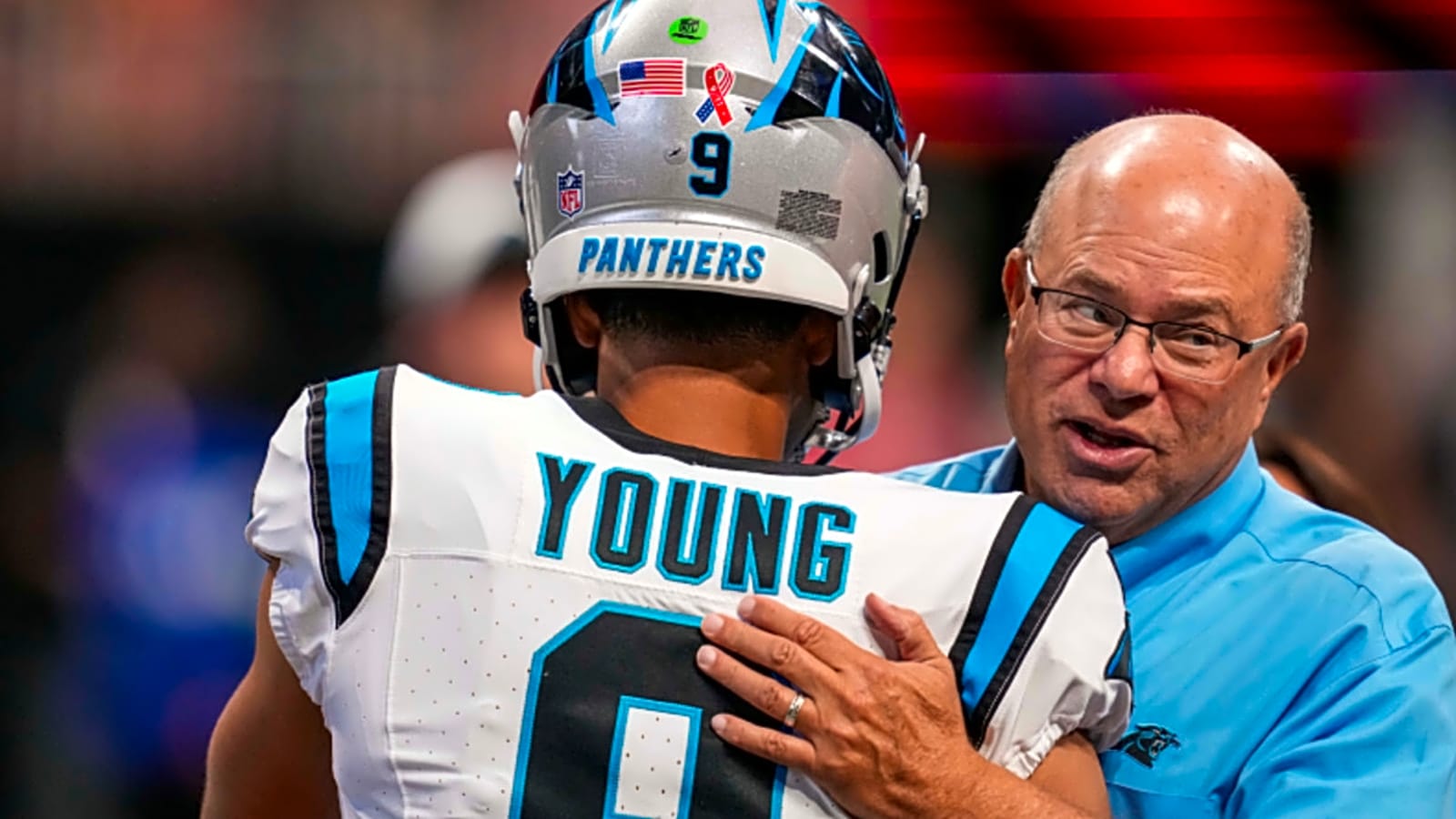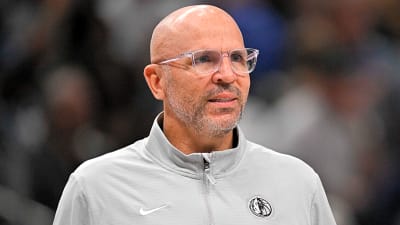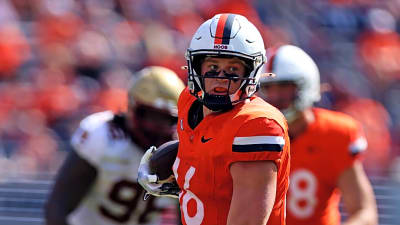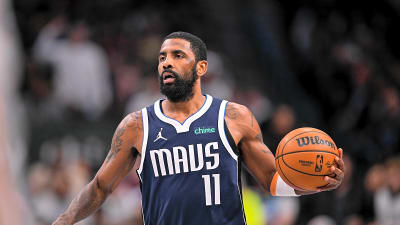
On ESPN’s 99.9 The Fan, Tim Donnelly and Max Goren explored the broader implications of the recent $10 billion sale of the Los Angeles Lakers, drawing comparisons to the Carolina Panthers and their current ownership under David Tepper.
Donnelly reflected on the Lakers’ transition of ownership, framing it not just as a major sports transaction but as an example of how sports franchises can serve as legacy investments. He noted that the Buss family didn't initially acquire the Lakers because they were guaranteed financial juggernauts, but because they recognized the potential to build something enduring—a franchise rooted in excellence and cultural relevance.
The Lakers, already a powerhouse in the Western Conference, are now poised to grow even stronger under new ownership, with a clear vision to enhance the team’s competitiveness and community presence.
This naturally invites comparison to David Tepper’s ownership of the Carolina Panthers.
Tepper’s background is impressive: born and raised in Pittsburgh, educated at the University of Pittsburgh and Carnegie Mellon, and professionally successful in cities like Boston, New York, and Cleveland. He’s consistently ranked among the wealthiest individuals in New Jersey and previously held a minority stake in the Pittsburgh Steelers before purchasing the Panthers in 2018.
However, Tepper’s tenure in Charlotte has been marked by instability. Since acquiring the Panthers, the franchise has cycled through seven head coaches and struggled to build a winning culture. His ownership of Major League Soccer’s Charlotte FC has also seen rapid turnover, with multiple coaching changes within just a few seasons.
Donnelly argues that ownership in professional sports should be about more than just financial upside. He believes that owners should live in and engage with the communities their teams represent, something he feels both Tepper and new Lakers owner Mark Walter lack. In contrast, the Buss family was deeply embedded in Los Angeles and emotionally invested in the Lakers’ long-term success, both on and off the court.
“Being an owner should mean more than asset management,” Donnelly said. “It should reflect a commitment to the team, the city, and the fans. The Buss family built something generational. I’m not sure Tepper or Walter share that same mentality.”
At the heart of the discussion is the idea that ownership should prioritize team success and community connection, not just long-term financial return. As valuations for sports franchises continue to skyrocket, fans and analysts alike are watching closely to see whether new owners embrace the responsibilities that come with leading not just a business, but a beloved institution.
More must-reads:
- Former Super Bowl champ blasts Aaron Rodgers over retirement tease
- Insider addresses if Colts' Daniel Jones, Anthony Richardson competition is over
- The 'NBA's No. 1 draft picks' quiz
Customize Your Newsletter
 +
+
Get the latest news and rumors, customized to your favorite sports and teams. Emailed daily. Always free!








